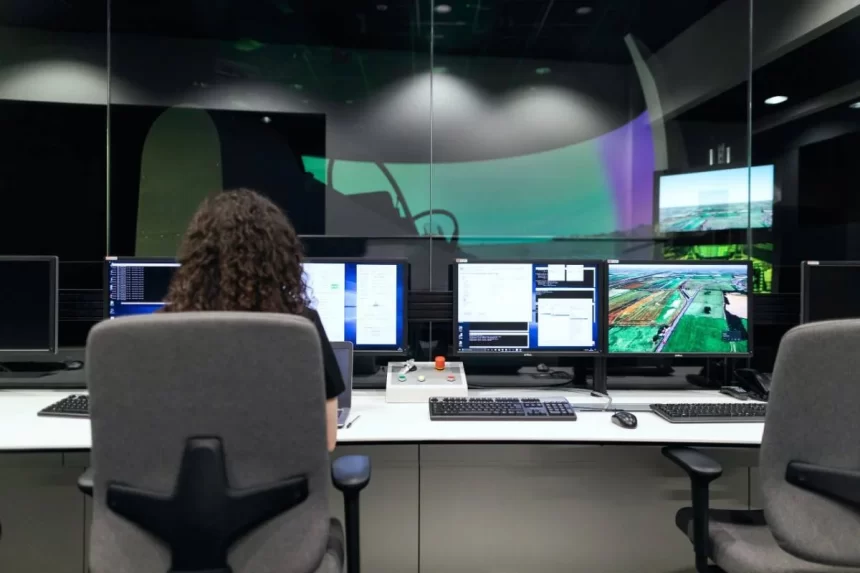Artificial Intelligence (AI) is the innovative digital frontier that will have a tremendous effect on the environment. It will have enormous technical, economic and social implications. It will change the way people work, live and manufacture goods and services and distribute them. While it is too early to say, it is clear that conventional intellectual property (IP) principles will be affected by AI. Commercial music developed by AI and inventions produced by AI has not been found yet. The definitions of the ‘composer’,’ author’ and ‘inventor’ needs establishment. But it’s not yet clear how it can happen.
Artificial Intelligence (AI) and Intellectual Property (IP)
New inventions and innovative works are often in promotion by the fundamental aims of the intellectual property (IP) system. It is required to create a viable economic base for innovation and development. There is no reason not to use IP to reward innovations or creations created by AI. If other purposes of the IP scheme, like just compensation’ and moral rights, are set aside from a strictly financial perspective.
The general use of AI technologies would characterize advanced IP concepts such as patents, designs, literary and artistic works. Life sciences create vast amounts of data that are of great value but don’t constitute an innovation in the classical context. But before that, it is essential to sort out the rights and responsibilities attached to them. Since information is an AI base, it should be freely accessible to allow AI and other applications to be in creation. In an algorithm that is continually evolving, data and algorithms pose some fundamental IP-related questions, like how one generates property rights.
IP rights demand continues to outperform economic growth rates around the globe. It is known that the IP system is not going out of style for sure. More than ever, it is being used. But new problems are emerging, and instead of replacing the current structure, the result may be an extra layer of IP.
IP Violation
The flip side is if AI can own IP or it can breach IP. If an AI machine will develop subject matter, who would be held accountable if that subject matter violates third party IP? The dilemma that emerges here is that infringement of copyright involves physical copying. The author of the infringing work must have had copyright-protected access to the work. The challenge of proving that the infringer had access to the protected work could be much easier to solve. In the case of an AI machine that is supposed to have access to anything on the internet.
How Can AI Enhance IP Administration?
In the future, AI systems will gradually play a fundamental role in IP administration. Given the costs involved in gathering and cleaning large data companies to feed AI systems, the sharing of resources needs to be encouraged. The international IP community will work together to achieve high levels of interoperability by implementing AI-powered systems in the future in a cost-effective way.
For instance, an AI-powered state-of-the-art neural machine translation instrument known as WIPO Translate is developed by WIPO. The organization is sharing this tool with 14 intergovernmental organizations and different patent offices around the world. Since the framework depends on data access and availability, the implementation of such tools will support the sector.
How AI would alter the categories and definitions of IP itself is the broader issue. However, it is taking place at a time when over the past 70 years, the world has been putting less energy into multilateral rule-making. It is a significant concern that goes beyond IP and needs to be discussed in this field since IP is an international phenomenon in essence. Technology, like the patent data involved in it, is global. Patents are rarely linking to a single jurisdiction. Thus, global solutions that guarantee functional interoperability are needed.
Obstacles to the implementation of AI-enabled systems
It is a significant challenge to create AI capacity across IP offices. Though AI has been around for a while, it has become an apparent technical solution recently. The number of professionals with the training and knowledge required is small in this field. It makes it difficult to build in-house AI capabilities, especially in the face of competition from better-resourced, higher-paying private enterprises.
Smaller IP offices face some unavoidable difficulties. AI systems rely on data and algorithms, and smaller offices naturally have access to fewer data. It suggests the volume imperative that forces AI applications to be built and implemented in larger offices. In smaller workplaces, it is less effective where the importance of applications remains manageable. The IP world has a widely agreed policy of open access to data relating to copyright, trademark and design IP registrations. This will benefit the smaller IP offices, which, in principle, can access this data. It will take a greater focus on integration and teamwork to address these challenges.










